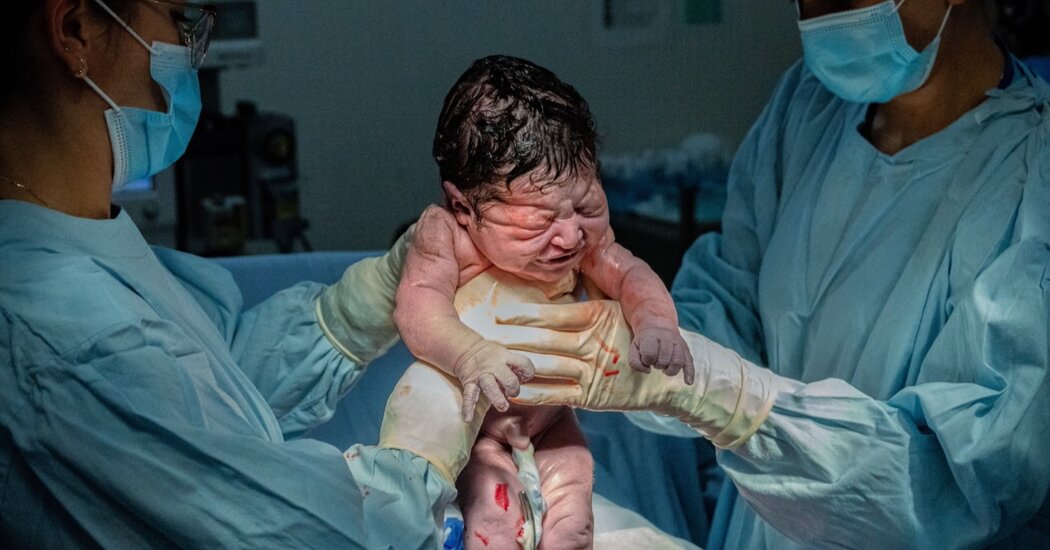
The roads surrounding the Jerusalén-San Luis Alto Picudito Indigenous reservation in Putumayo, Colombia, are treacherous on a good day. Made mostly of gravel and mud, they narrow to barely the width of a small truck in some places, and in others, especially after a storm, they yield almost completely to the many rivers with which they intersect. They also twist and turn and bump without stop. So, in the most difficult months of her pregnancy, when everything tasted like cardboard and it hurt even to sit or stand, Marleny Mesa avoided traveling altogether. This meant skipping checkups at the clinic in Villagarzón, which could take two hours or more to get to. But Marleny wasn’t overly worried. A nurse had assured her early in her pregnancy that her blood work was good and that everything looked fine. As a midwife herself, Marleny knew that making the trip would be riskier than missing a few doctor’s visits.
But now, in the final days of her pregnancy, she could not shake the feeling that something was wrong. She could barely breathe, for one thing. For another, her anxiety and physical discomfort were approaching what felt like an unbearable peak. Her husband, Andrés Noscue, called for an ambulance. Hours passed, and none came. He’d tried to find a car to take her to the hospital. He’d also summoned Marleny’s sister Omaira, a prophet of their church, to come pray over her belly. That seemed to do the trick. Marleny’s breathing evened out, and a week or so later, she delivered a tiny, squirming boy with jet black hair and soft, curious eyes. The couple named him Eliad.
Marleny thought he was perfect, but her mother, a retired midwife, insisted that the placenta contained a hint of trouble. It was far too big, she said, and Eliad was too small, probably because he did not have enough room in her womb to grow. His grandmother thought he might need an incubator. Marleny thought he was fine, but when the baby was a few days old, she and Andrés took him to Villagarzón for a checkup, just to be safe.
This proved harder than they expected. The baby could not be seen at the hospital there until he had a civil identification or registration number, which he could not get without a birth certificate, which the hospital could not provide because the baby was born at home. Go to the registrar’s office, the nurses told Marleny and Andrés. But the registrar’s office only sent Andrés back to the hospital, where a different nurse told them to try the notary’s office instead. By then it was almost noon. The only bus of the day would be heading back to San Luis soon; if Andrés and his family missed it, they would have to cough up more money for room and board in town than they normally spent in a week. So they went home.
